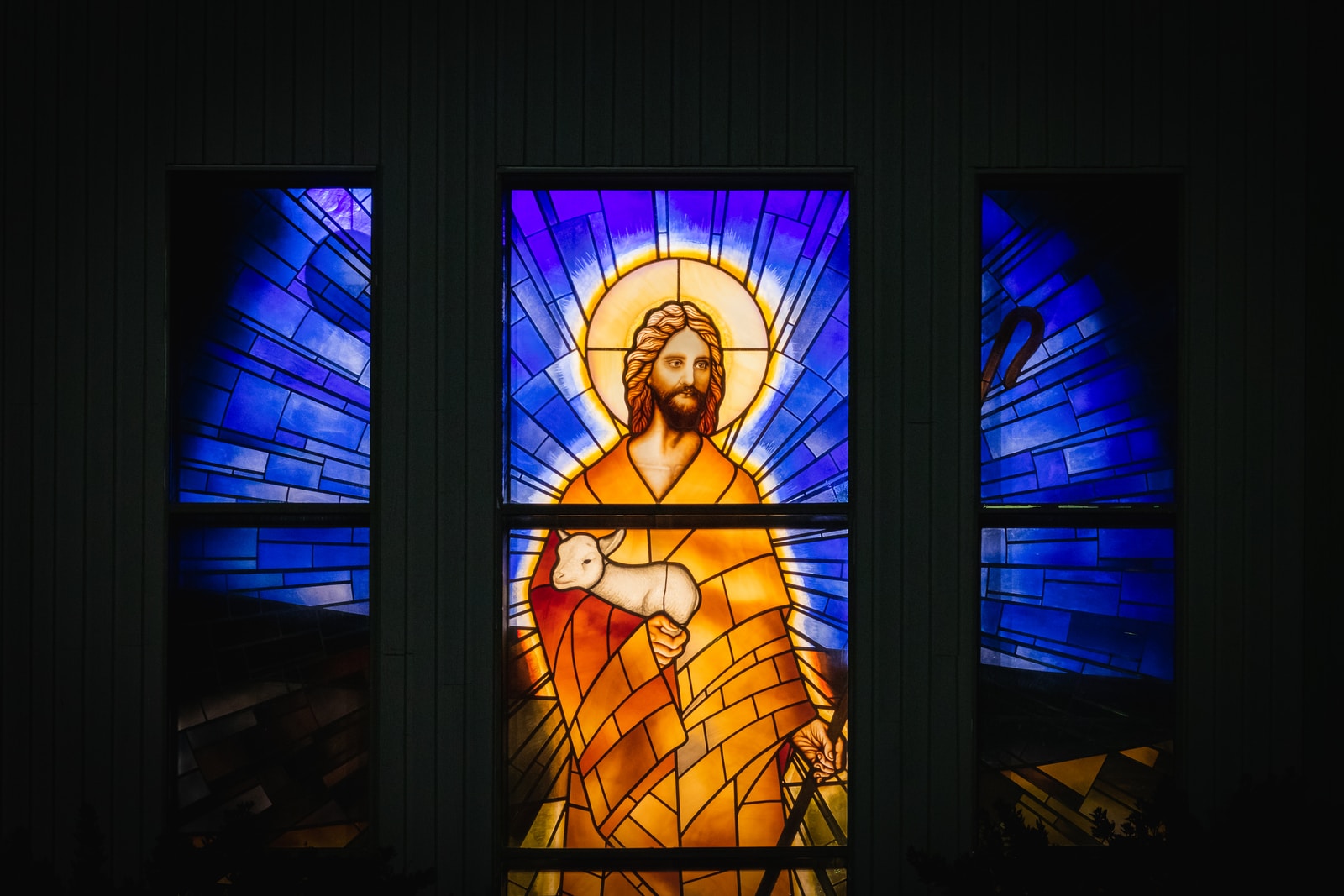It’s a common claim for the porch atheist crowd to triumphantly proclaim that “Australia is a secular nation!” This is true, in a strictly legal sense, of course: Australia has no established church or official religion. At the same time, though, modern Australia’s roots are deeply Christian. The opening words of our Constitution state that the Australian people are humbly relying on the blessing of Almighty God. Not even the deist equivocation of the American Declaration of Independence and its “Nature’s God” and “Creator”: Almighty God.
Australia’s most revered secular day, Anzac Day, likewise has deep Christian roots.
Still, it’s undeniable that religious belief has declined in Australia in recent decades. From near-universal belief in 1970, religious belief has dropped to just over 60 per cent (with the vast majority of those remaining Christian).
Lurking behind the “No Religion” cohort, though, is a tremendous reserve of confused “spiritual-but-not-religious” belief. When it comes to unequivocally spiritual beliefs, Australians apparently find “hard atheism” a hard pill to swallow.
The survey of 1000 people, carried out by McCrindle Research for the Centre for Public Christianity, asked respondents about their openness to the existence of a range of spiritual realities: ghosts, miracles, angels, a higher power/God, the soul, ultimate meaning or purpose in life and life after death.
The results suggest that, as a nation, we may not be as sceptical as we think we are.
As the great Australian poet Les Murray said, “I don’t believe that other people are necessarily secular.” Intellectuals, Murray said, may be – or, more likely are, “required to pretend that they are”. The almost reflexive fawning before explicitly supernatural rituals, like the confected “Welcome to Country” and the cultural LARPing of “smoking ceremonies”, suggests that even the intelligentsia are a lot more susceptible to religious thinking than they’d be happy admitting.

A great many Australians still believe in such things as miracles: only 14 per cent outright deny the possibility. In a blow to the porch atheists, it’s the youngest, traditionally the age group of the “village atheist”, who are the most open to the supernatural.
Forty-nine per cent said they believe in the soul, and 48 per cent in life after death (in both cases, another 28 per cent were open to the possibility).
The percentage who said “I believe this does not exist” about any of the options never rose to double digits for this cohort (nine per cent for ghosts, only four per cent for life after death) […]
Overall, 69.7 per cent of respondents said they either believed in or were open to the existence of the soul.
Jamaican theologian J Richard Middleton suggests that the persistence of belief of the soul speaks to a deep desire to see ourselves as something more than the transient “pond scum” of sneering intellectuals like Stephen Hawking and David Attenborough.
The soul is this immaterial part of you that never changes – it just is you, and it’s eternal. I think people need something that’s beyond this world to cling to, something transcendent. And if you don’t have God, you’re going to find a substitute. I think soul functions as a God-substitute in our world, as something to cling to.
A negative slant could interpret our attachment to the soul as in keeping with the narcissism of contemporary life; a more generous one might see in the data the outlines of a deep-seated intuition that we matter, in spite of how fragile and fleeting our lives are.
Middleton is blunt about where he thinks we’ll find what we’re looking for: “I would say go to the real source, look for God. Soul is a pale second-best, in my opinion.”
The survey indicates that a great many more Australians than are willing to admit are open to that “real source”.

Respondents were asked for their view this Easter on the claim that Jesus Christ rose from the dead: 23.6 per cent said they are certain this happened; 15.8 per cent are certain it didn’t. Others thought it possible (19.7 per cent) or unlikely (12.8 per cent).
But the most popular answer, at 28.3 per cent, was “I don’t know.”
ABC Australia
And that, as the Christian liturgy might put it, is the mystery of faith. Not to mention Christian humility.
As Les Murray put it:
The wish to be right
Les Murray, “Church”
Has decamped in great numbers
But some come to God
In hopes of being wrong.

